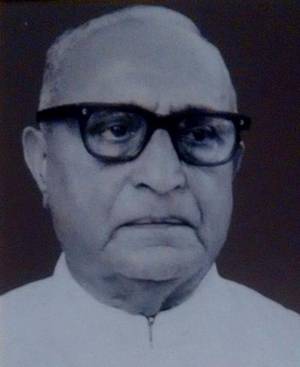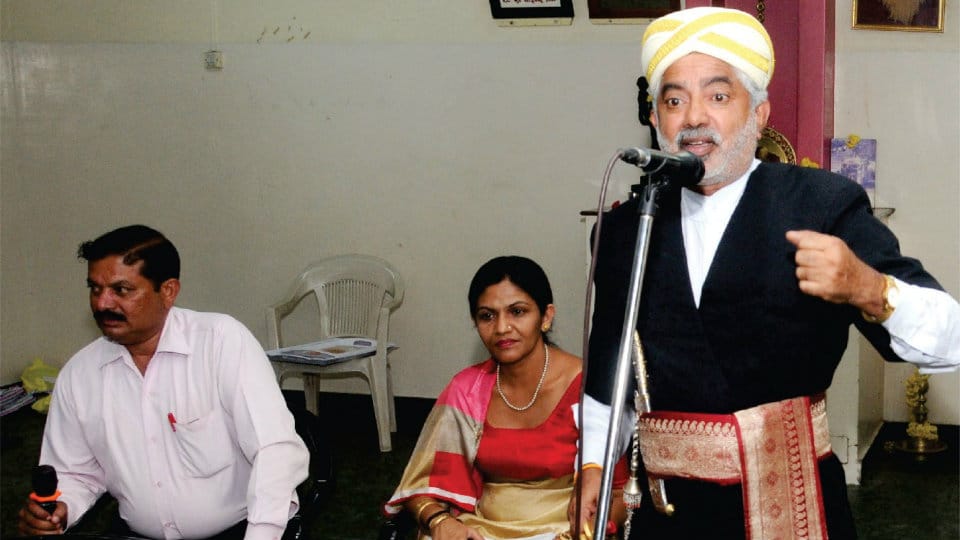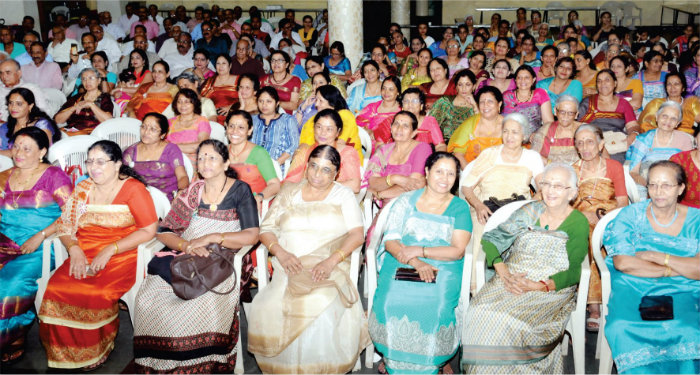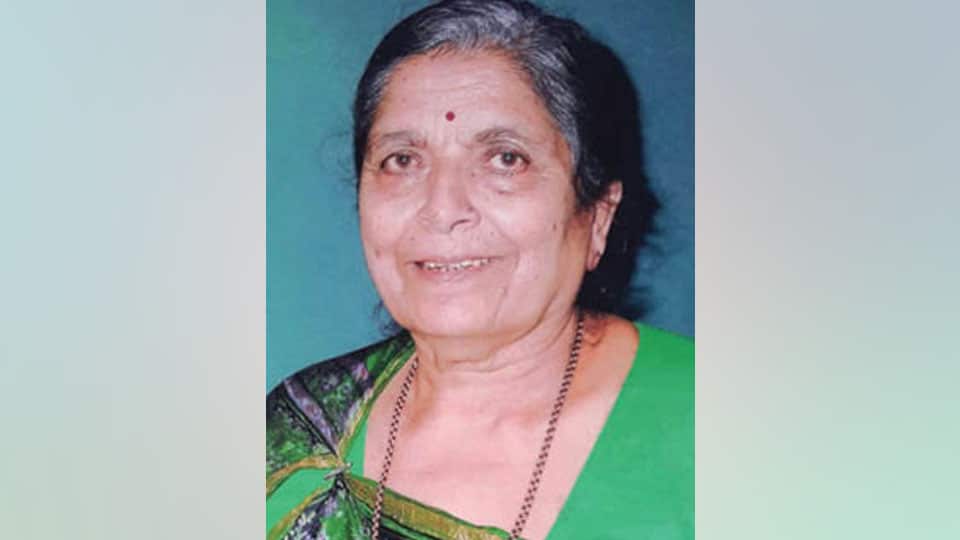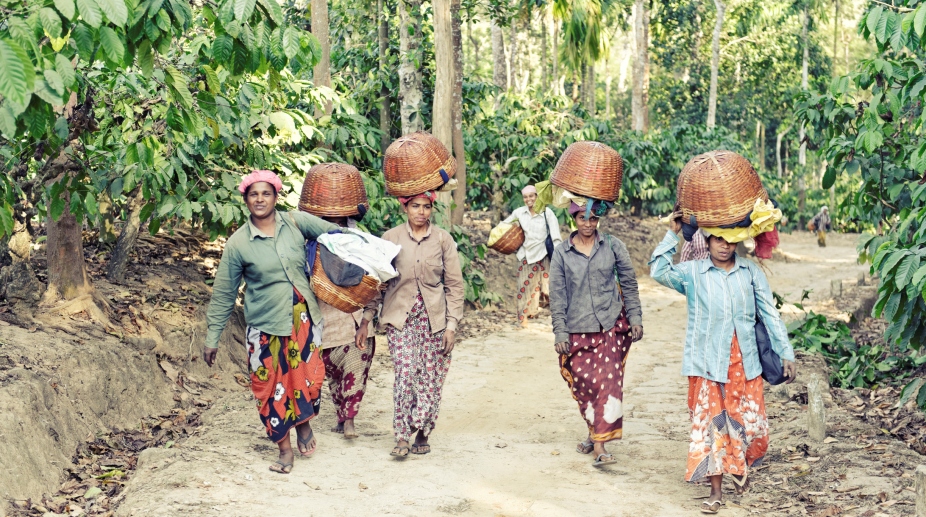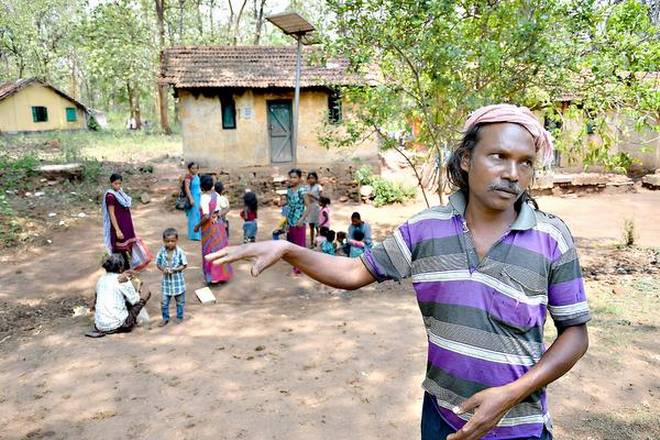
Few candidates want to invest their time and resources to reach interiors of Nagarahole forests to seek votes from Jenu Kurubas.
The dense jungles of the Nagarahole National Park, 60 km from here, are an unlikely setting for the heat and dust of an election campaign.
The national park where nearly 90 tigers and 800 elephants roam free in their natural habitat is a no-go area for the general public, except for the guided safari. But there are about 1,250 Jenu Kurubas — an indigenous tribal community — still living in the national park and approaching them is inevitable during election times when every vote matters. But few candidates want to invest their time and resources to reach the forest interior, given the lack of easy access to the hamlets and the distance to be commuted.
Kolangere — a tribal hamlet of about 25 families — is a case in point. It is located about 20 km from the Veeranahosahalli checkpost gate at the entry of Nagarahole from the Hunsur side and around 35 km from Nanchi gate from the Kutta side.
The meandering potholed road is open only from 6 a.m. to 6 p.m. during which there is limited access to vehicles. There are 29 votes in this hamlet which falls under the Virajpet Assembly segment in Kodagu district. The nearest polling booth is at Moorkal, about 6 km by walk through the jungles, but there is a motorable road leading to it.
“No MLA has visited any of the tribal hamlet so far, but their representatives approach us for votes once in five years,” said Muthanna, a Jenu Kuruba.
The adivasis subsist on roots and minor forest produce. Though their needs are few, they work in coffee plantations in Kodagu to earn a living.
“All we seek is a settlement on the forest boundary along the elephant-proof trenches but our requests are rejected,” said Mr. Muthanna whose community has refused to relocate away from the forests.
Political awareness
It is the same scenario at Nagarahole, Nanachigadde Haadi, Gonigadde, Kolle Haadi, Tattekere or Kumbarkatte. But not withstanding the indifference of politicians, political awareness among the tribal people has increased over the years.
“Jenu Kurubas have traditionally supported the Congress. But the new generation has different views,” said Sanappa, head of the tribal community who relocated from the forests to Nagapura at Veeranahosahalli. Drinking water scarcity, lack of basic health care and educational facilities, and unemployment plague them even after relocation. The tribal people who volunteered to be relocated in 1998 were promised 5 acres of land as compensation, but 20 years on, it is yet to be fully implemented. “Yet there is no talk of boycott as we are hopeful that the government will act,” said Kalappa, a resident of Nagapura.
Survey under way
But a section of the adivasis of Nagapura whose patience is running out, launched an agitation on January 26, 2018, which lasted 75 days, forcing the authorities to take up a survey to demarcate the land. “We have now adopted a wait-and-watch policy on whether to boycott the polls or not in view of the ongoing survey,” said M.B. Prabhu, a tribal leader spearheading the agitation.
Tribals in Hunsur threaten poll boycott
Jenu Kuruba tribals from six hamlets in Hunsur have threatened to boycott the elections if their long-pending demands for proper rehabilitation and land allotment are not fulfilled.
The hamlets come under Hunsur Assembly constituency and banners announcing poll boycott have come up in some of them. There are about 300 families in these six hamlets and they account for at least 1,000 votes. The boycott threat indicates their frustration, according to Sreekant of Development Through Education, an NGO working for uplifting tribals. “Their language betrays their feelings and it is the successive governments that are to blame for the sad state of affairs as [the tribals] are left begging and pleading for basic amenities,” he said.
The hamlets that have called for election boycott include Hebbala, Neralakupe B. Haadi, Billanahosahalli and Chikkejejjur. Though the local authorities have been directed to prevail upon the tribals not to boycott the polls, DEED has sought the intervention of the Assistant Commissioner to end the impasse.
“He should visit the hamlets affected, understand the condition of these communities and list out the pending works for their comprehensive rehabilitation. Though most of the demands are outside his immediate purview, the Assistant Commission can make recommendations to improve their living conditions,” Mr. Sreekant said.
The demands include land allotment as part of the rehabilitation package that was promised to the tribals when they were shifted from Nagarahole and clearing land encroachment reported in 10 hamlets.
Tribal communities threatening to boycott elections is not something new, and they always end up exercising their franchise, according to DEED. But the larger message being sent out is the failure of the authorities to fulfil the promises made decades ago.
source: http://www.thehindu.com / The Hindu / Home> Elections> Karnataka 2018 / by R. Krishna Kumar / Mysuru – April 30th, 2018
